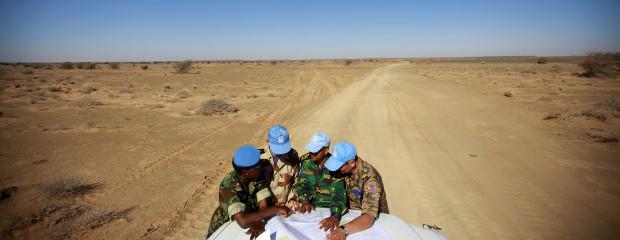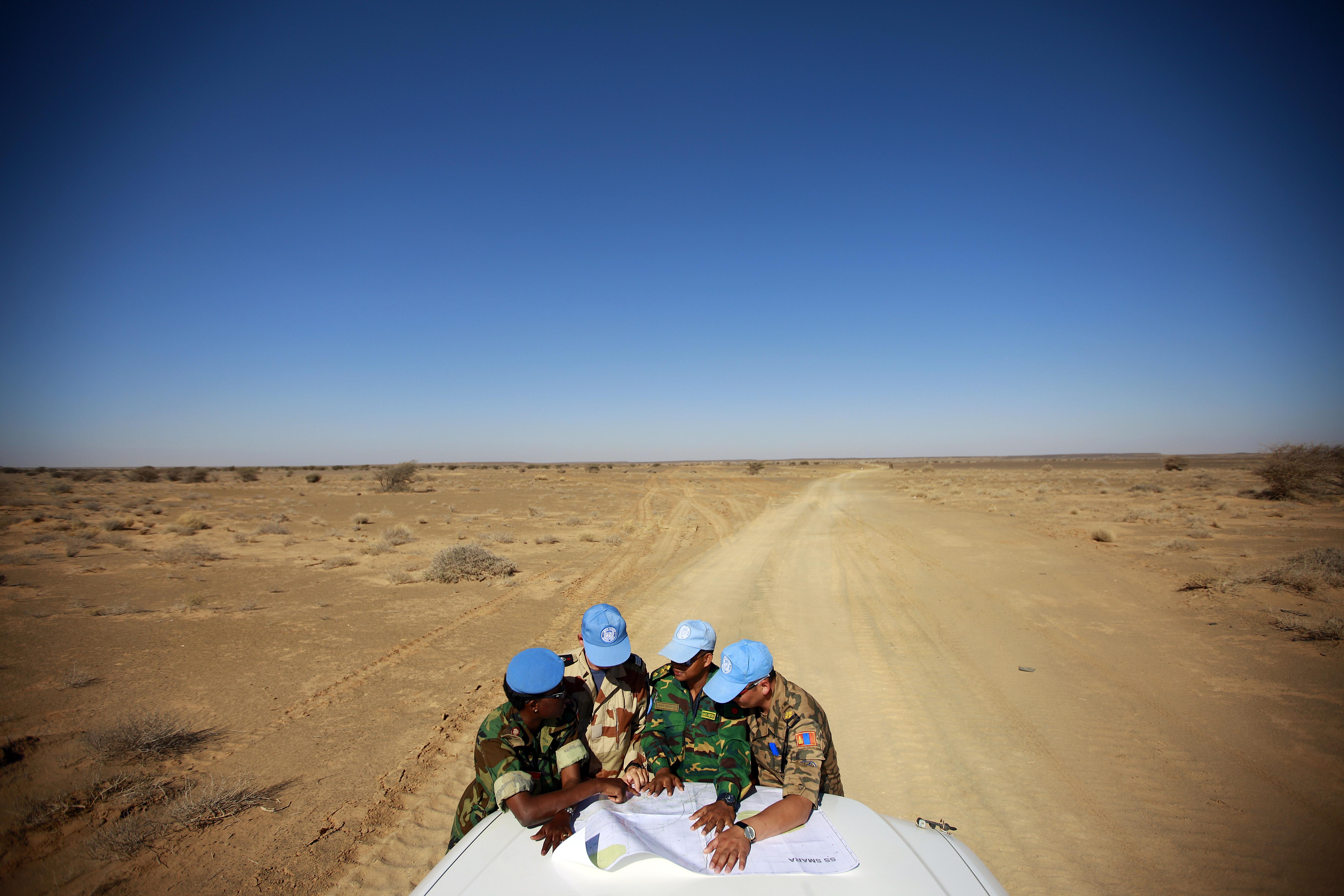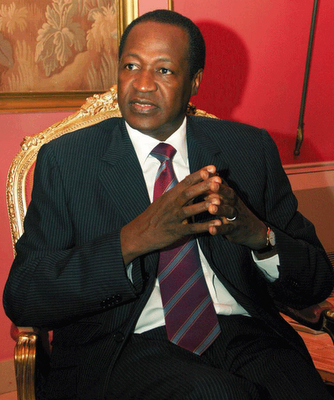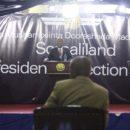Oil drilling plan stirs hornets’ nest in Western Sahara – By African Energy

Plans by Kosmos Energy and partner Cairn Energy to drill a well next year in a Moroccan-licensed block in the Western Sahara continue to provoke intense interest among oil companies excited by the disputed territory’s offshore potential, as well as political debate among the traditional protagonists. The territory is Moroccan-controlled, but officially under United Nations mandate, and debate centres on a legal opinion issued by UN general counsel Hans Corell in 2002, which stated that exploration and extraction of mineral resources in Western Sahara would be illegal “only if conducted in disregard of the needs and interests of the people of that territory”.
This has allowed Morocco’s Office Cherifien des Phosphates to maintain high-grade phosphate output from its Phosboucraa subsidiary, which was taken over when Spain pulled out in 1975 and is a major employer in the region. However, the Corell judgment – which one official told African Energy, “we’ve all been re-reading recently” – has been generally interpreted as excluding new E&P work. The Polisario Front liberation movement on 21 November formally condemned the Cap Boujdour move, which senior official Emhamed Khadad called “a matter of law, morality and investment risk”.
While “open to ethical international business”, the Saharawi Arab Democratic Republic was against “exploiting the sovereign resources of the Saharawi people without their consent while we remain under an illegal occupation”. This brought “great uncertainty and the sure eventuality of future reparations [compensation] claims”. Khadad said the law was “quite clear” about petroleum development: “Western Sahara remains occupied as a matter of international law and so the taking of petroleum is clearly a war crime.”
Former UN special representative Francesco Bastagli observed that “Morocco has been engaged with the phosphates and the fisheries and now with the oil in a practice that is not legal under international law, which is confirmed in the 2002 opinion”. Bastagli told Agence France Presse, “the oil companies, rather than investing now, which is frankly unethical, should maybe lobby with their governments so that they make a real effort to legalise whatever status the Western Sahara should have.” With the territory’s sovereignty undecided, it was not for Morocco or its partners to decide whether the exploitation of resources was benefiting the Saharawi people.
Kosmos has been arguing that development is in the population’s interest, and thus in line with the Corell opinion but other companies have found the ruling ambiguous. One executive whose company was approached by Kosmos to farm in to the territory said his legal counsel was concerned that the ambiguities could lead to investor unrest; they declined the approach while remaining interested in entering Morocco “˜above the line’.
Consensus is wavering as Morocco seeks to consolidate its sovereignty, while its diplomats seek to exploit western powers’ desire to reinforce stability in the wider region. In mid-November, a group appointed by King Mohammed VI unveiled an $18bn investment plan which could double the territory’s GDP and create 120,000 jobs.
Some potential investors are wary about resistance from Norwegian and other pension fund shareholders, who might object on ethical grounds. A former European ambassador to Rabat observes that “while formally we’d tell firms you must stay out, informally we’d suggest they could examine the potentials for business provided they have the stomach for confronting Polisario support groups.” A few investors have had second thoughts about buying phosphates mined in the Sahara. Adding to the debate have been negotiations over a new fisheries agreement between the European Union and Morocco, which sees its maritime zone running to the border with Mauritania.
Other energy sector players are re-examining their Moroccan plans. The European Investment Bank and African Development Bank are looking at Office National de l’Electricité et de l’Eau Potable’s project to install 850MW of wind power from five projects, two of which are in the disputed territory. The utility wants one group to develop all five projects, making the ring-fencing of projects above and below the line problematic.
This is a View article from the African Energy newsletter, a source of independent analysis on the continent’s energy industries produced by Cross-border Information, a business intelligence company with a long established research focus on the politics, energy and financial sector trends of Africa and the Middle East.







[…] Oil drilling plan stirs hornets’ nest in Western Sahara | African Arguments […]